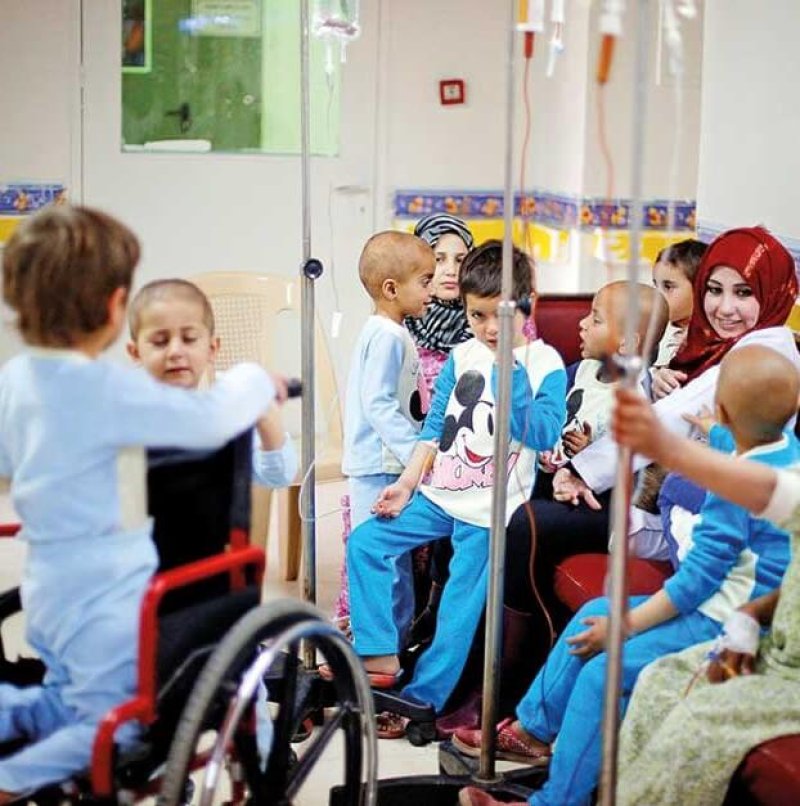A transformative cancer therapy based on modified immune cells has lured doctors, companies, and patients alike, but many are hitting a frustrating roadblock: generating enough of these chimeric antigen receptor (CAR)-T cells to meet surging demand. The situation is fluid, with shortages cropping up in some places and easing in others. Doctors, meanwhile, are grappling with how best to distribute the experimental therapy among very sick patients in clinical trials.
“How do I allocate the resource in a way that’s fairest to everybody and that treats the most patients and potentially saves the most lives?” asks Stephan Grupp, a pediatric oncologist at the Children’s Hospital of Philadelphia (CHOP) in Pennsylvania. Grupp has offered CAR-T therapy to more than 150 children with late-stage acute lymphoblastic leukemia (ALL)—and worries that because of supply limitations, he can’t help more.
…
Ultimately, the supply problem “can be solved with money,” says Ronald Levy, a lymphoma specialist at Stanford University in Palo Alto, California. And no one has more money to funnel into CAR-T therapy than the companies.
But some researchers wonder whether the companies will be ready to accommodate the surge in demand expected if FDA approves the first CAR-T therapies.
The GLP aggregated and excerpted this blog/article to reflect the diversity of news, opinion, and analysis. Read full, original post: For experimental cancer therapy, a struggle to ensure supply keeps up with demand































